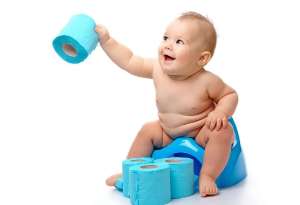
“Doctor, my baby isn’t eating well?!”
“Doc, my child is having abdominal pain, on and off!”
“My child is gripping her stomach in agony and is constantly irritated!”
These are just some of the most common concerns we hear from parents who visit our top paediatricians at HealthHub Clinics while narrating symptoms affecting their young ones.
What is Constipation?
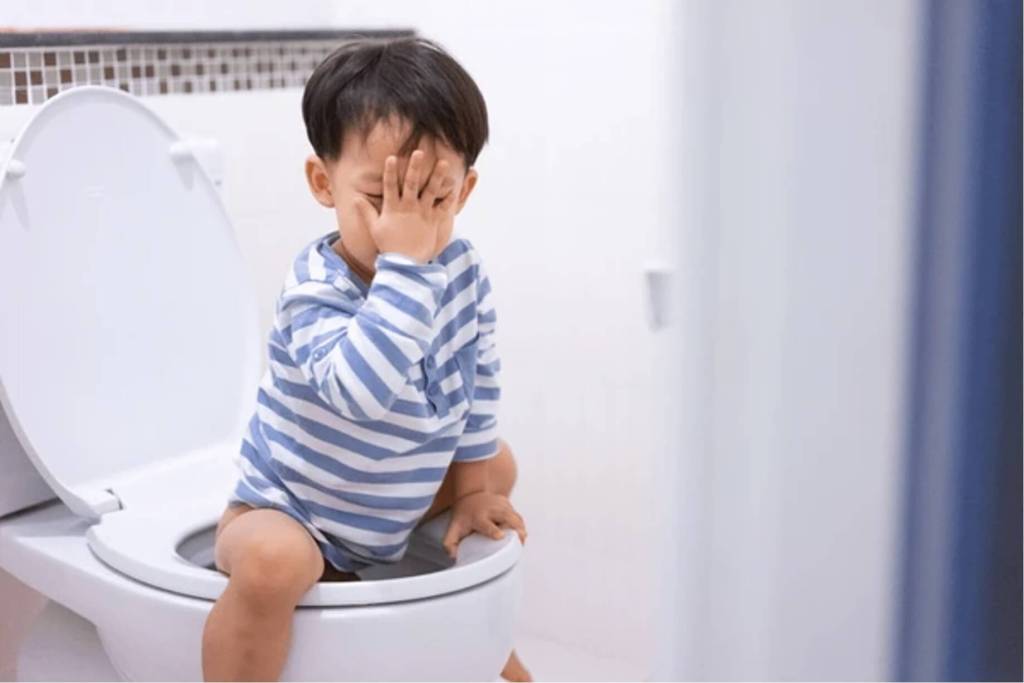
Our outstanding paediatrician in Dubai defines constipation as infrequent bowel movement and defecation less than 3 times a week, which could be extremely painful while also causing a bloated feeling and irritation.
Most of all, it can lead to sheer discomfort, stomach pains, loss of appetite, and refusal to eat certain foods. In severe cases, it may affect a child’s overall quality of life and cause emotional distress, affecting academic performance or disrupting recreational activities.
It’s a common problem affecting nearly 5-30% of toddlers worldwide, most commonly among infants and toddlers between the ages of 2 and 5.
In most cases, nearly 90-95% is related to functional constipation, meaning there is no underlying medical condition causing the constipation.
There are uncommon cases involving pathological problems like Hirschsprung disease, hypothyroidism, neuromuscular disorders, anatomical problems, or metabolic disorders which are associated with other signs and symptoms.
How can you tell if your toddler is constipated?
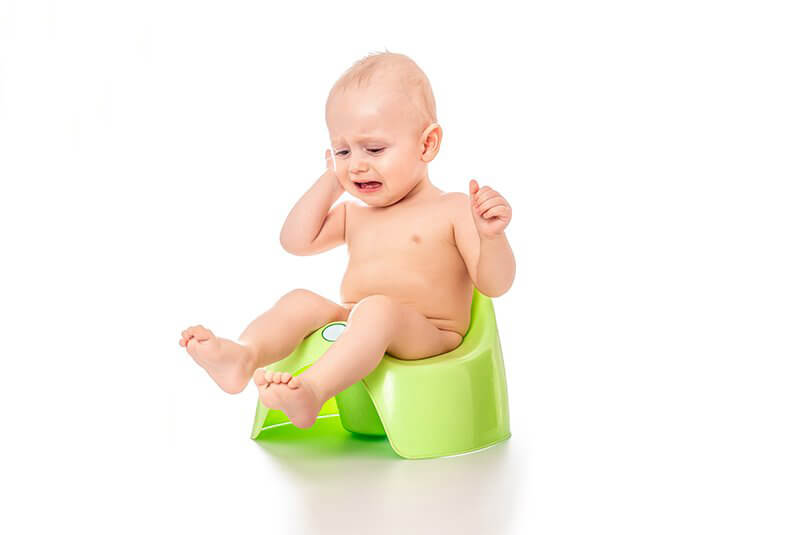
The general rule of thumb to know this is when your child displays signs of bowel movements less than thrice a week or maybe even lesser, and complains of not being able to pass stools since it feels really hard.
Also, according to a recent study, any child with stools that are large, hard, dry, and accompanied by painful bowel movements, more gaseous with soiling between bowel movements, or blood outside of the stool are sure signs of constipation.
It’s normal if your child has a bout of constipation once in a while. But if your toddler’s constipation lasts for two weeks, it’s a sign of chronic constipation which requires the attention of our outstanding team of paediatricians at HealthHub Clinics.
Symptoms of constipation:
As children get older, they may start showing what are mostly ‘social symptoms’ at the time of joining school, by not using toilets because of lack of privacy or the cleanliness of the bathroom or even when their level of physical activity goes down.
You can tell its symptoms among infants and toddlers who have common withholding behavior (result of the fear that comes with the anxiety or avoidance of pain associated defecation) like squatting, crossed legs, stiffening of the body, holding on to the furniture, flushing, sweating while passing stool during defecation.
Children may show signs of persistent soiling, bleeding in the rectum, and passage of hard or small ‘goat like poops.’
If you ask our best paediatrician in Dubai, the general recommendation is that you keep track of your child’s bowel movements, the intervals during how and when they occur, how big and hard they are, and if there is any blood in your toddler’s stool.
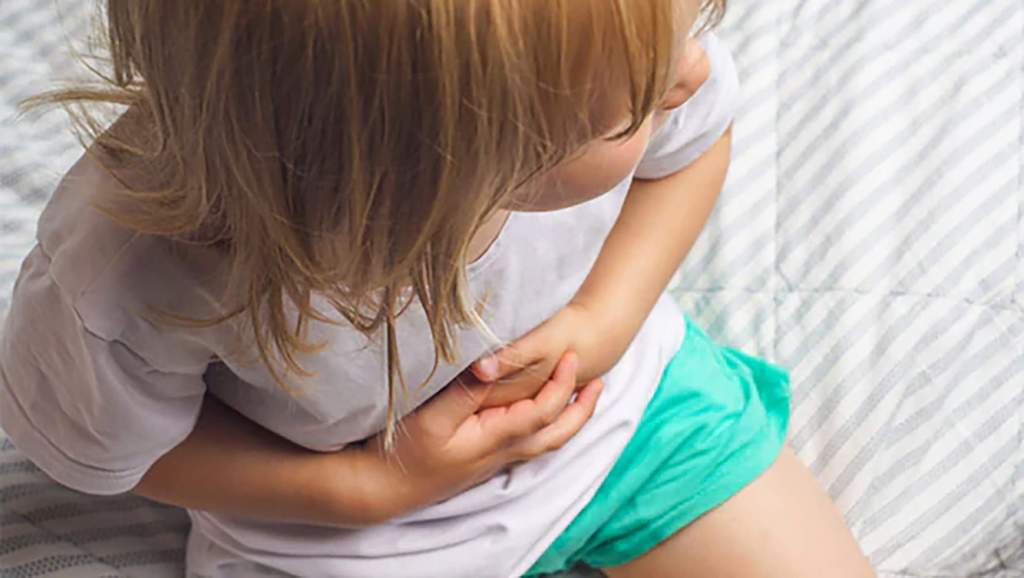

You should also look for other symptoms that can occur along with constipation, such as:
- Stomach pain
- Bloating or feeling overweight or obese
- Nausea or dizziness
- Loss of appetite
- General crankiness
- Crying or screaming during bowel movements
- Avoiding the toilet (signs that your child is doing this include clenching the buttocks, crossing the legs, turning red, sweating, or crying)
- Smears or bits of liquid stool in the diaper or underwear (soiling)
Causes of constipation in children
There are a lot of things that can cause constipation in toddlers, from diet to medication. Most children develop chronic constipation because of fear due to a prior painful experience of defecation.
In infants, it is very common during weaning time or while changing milk feeding schedules, from breast feeding to formula feed or fresh milk.
Toddlers mostly find it painful during toilet training and distract themselves from going to the toilet by playing with their toys and games. Constipation can occur during acute illness or post gastroenteritis. Then there are other factors that could get them emotionally affected due to routine changes during travel, or change of place, the arrival of a new sibling or other stressful situations.
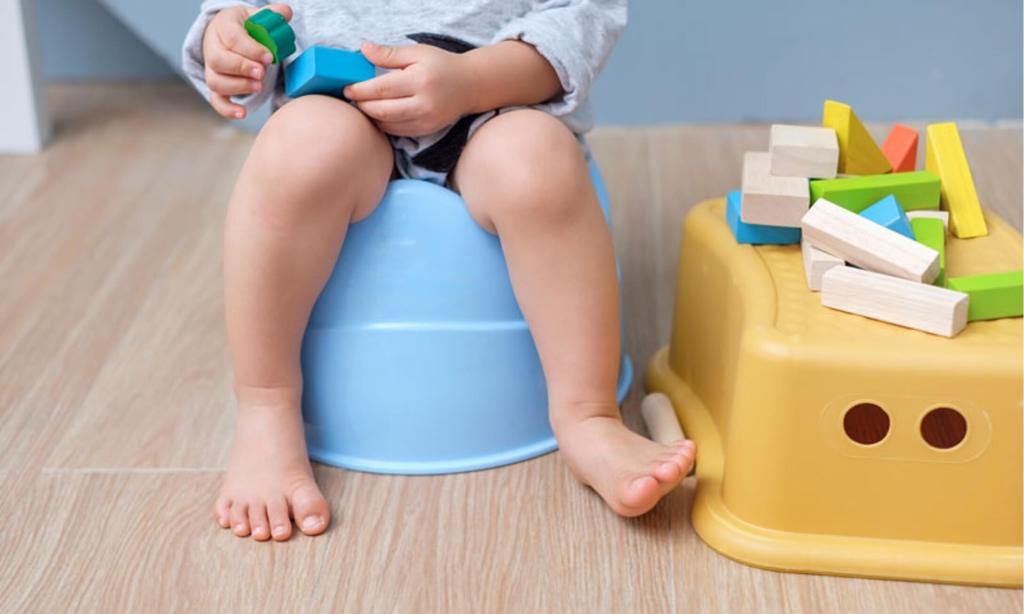
Common causes of constipation:
Poor diet
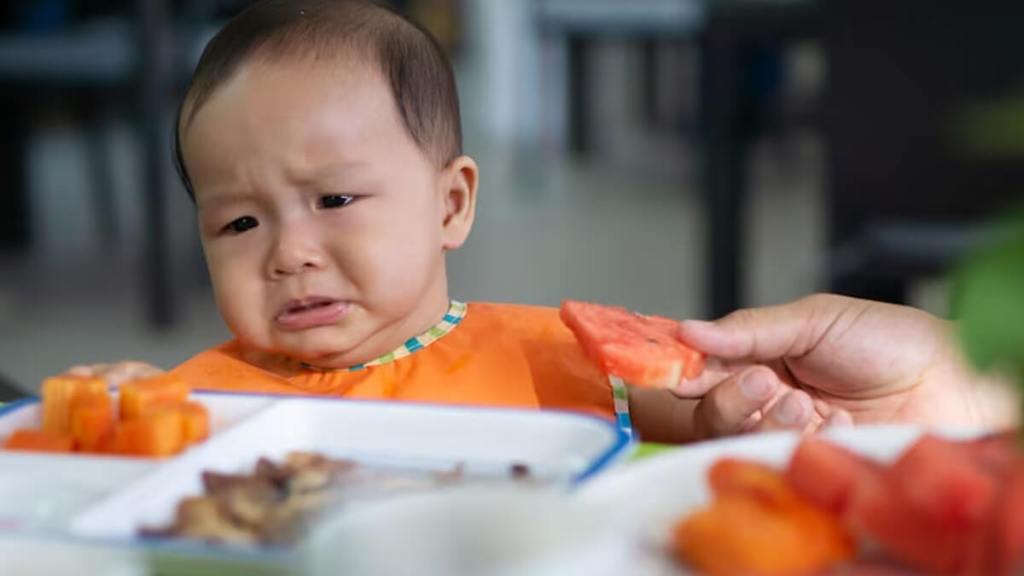
The culprit in many cases of toddler constipation is a diet that’s too heavy in processed foods, dairy, and sweets, or too light in fiber (like whole grains, fruits, and vegetables). Not drinking the required amount of water for hydration can also lead to constipation, because it makes the stools harder.
Changes in diet, especially when your infant transitions from breast milk or formula milk to cow’s milk or starts eating new foods, can also affect the stools while also contributing to childhood obesity.
Keeping it in
Your average 2-year-old is far more interested in games than sitting up in the toilet. There’s also a primal fear or embarrassment among some children to use a public restroom.
There’s also a social angle to this: toddlers who rebel against toilet training sometimes express their power struggle in a refusal to go.
Avoiding discomfort.
Constipated toddlers who’ve had painful bowel movements in the past, sometimes avoid using the toilet out of fear that it will hurt again. Not using the toilet can turn into an uncomfortable cycle, as the stools begins to build up in the lower part of the bowel, getting bigger and harder until it’s even more difficult and painful to pass.
Change in routine.
While away on vacation, being away from their normal toilet and the lack of familiarity, can in some cases, prevent toddlers from going to the toilet.
Poor physical activity.
Exercise helps with the movement of food through the digestive process.
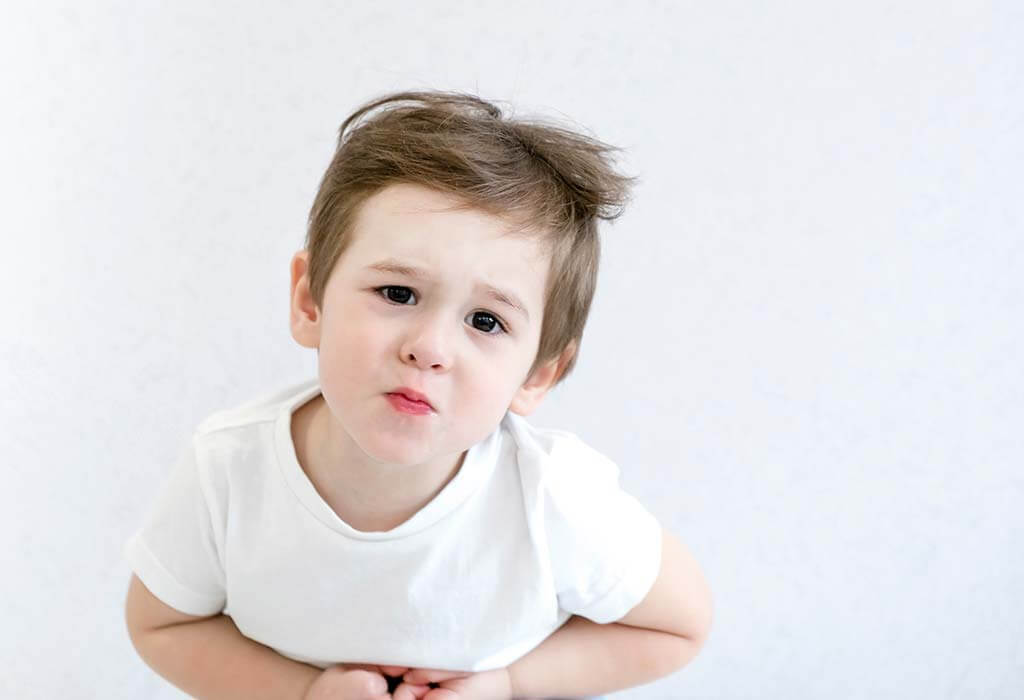
Change in appetite
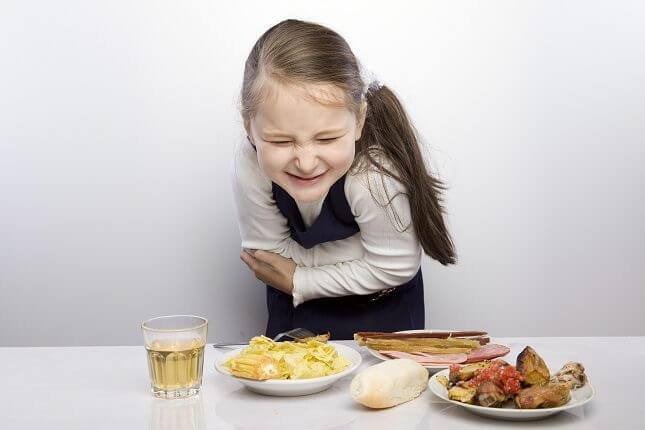
Changes in appetite due to a stomach bug or other illness can affect your child’s diet, leading to constipation. It could also be a cuse of allergies to specific types of food, which may need the help of our paediatric allergist in Dubai.
Medications and after-effects.
There are medications or supplements that carry high doses of iron or are used for narcotic pain that can cause constipation, except the low-dose iron found in baby formula medication.
Physical ailments.
In rare cases, body illnesses in the intestines, anus or rectum can cause chronic constipation. Cerebal palsy and other nervous system disorders can also affect a child’s ability to go to the toilet.
Medical history
According to our top-rated paediatricians in Dubai reviewing the patient’s medical history is very important to know the trigger factors of constipation. Rectal examination along with abdominal examination is very important in case of abdominal pain and constipation as it may help to rule out ‘Hirschsprung Disease’ clinically. In most cases, investigations are not required unless you need to rule out pathological causes.
Investigations like an X-ray of the abdomen, contrast enema, anorectal manometry, rectal biopsy, or USG abdomen are needed to diagnose pathological constipation.

Look for medicinal treatment

Our best paediatrician in Karama would recommend medication to treat your toddler’s constipation issues, especially if the case turns out to be chronic.
Patient/parents education is a very important aspect in the treatment approach to functional constipation as it is an extremely common problem. Different management strategies are applied with emphasis on aggressive and persistent treatment.
The Basic approach covers:
1) Immediate evacuation of colon and eliminating pain while passing stools
2) Use of medications for regular bowel habits
3) Dietary modifications and healthy diet plans more of which you can read in our blog on healthy eating.
4) Identify triggers and address the issues like toilet training or a milk/diet
5) Prevention of recurrence
Colonic evaluation is generally done with enema, suppositories, oral medication like polyethylene glycol, and stimulant medications. Anal pain can be reduced by local application of xylocaine ointment or hydrocortisone per anal.


The importance of regular use of laxatives or stool softeners like lactulose or polyethylene glycol for longer periods of time should be emphasized to parents.
According to our top Indian paediatrician in Dubai, Parents also need to be educated about regular bowel retraining (positive reinforcements with rewards) and addressing issues like trigger factors.
Remember, prevention of constipation at an early age is very important as chances of recurrence are high.
Treatments for constipation:
When you increase the amount of non-dairy fluid and fiber in your child’s meals, you help soften the stools and make it easier to pass, offering your child relief.
High-fiber foods include fruits and naturally squeezed fruit juices that contain prune, mango and pear.
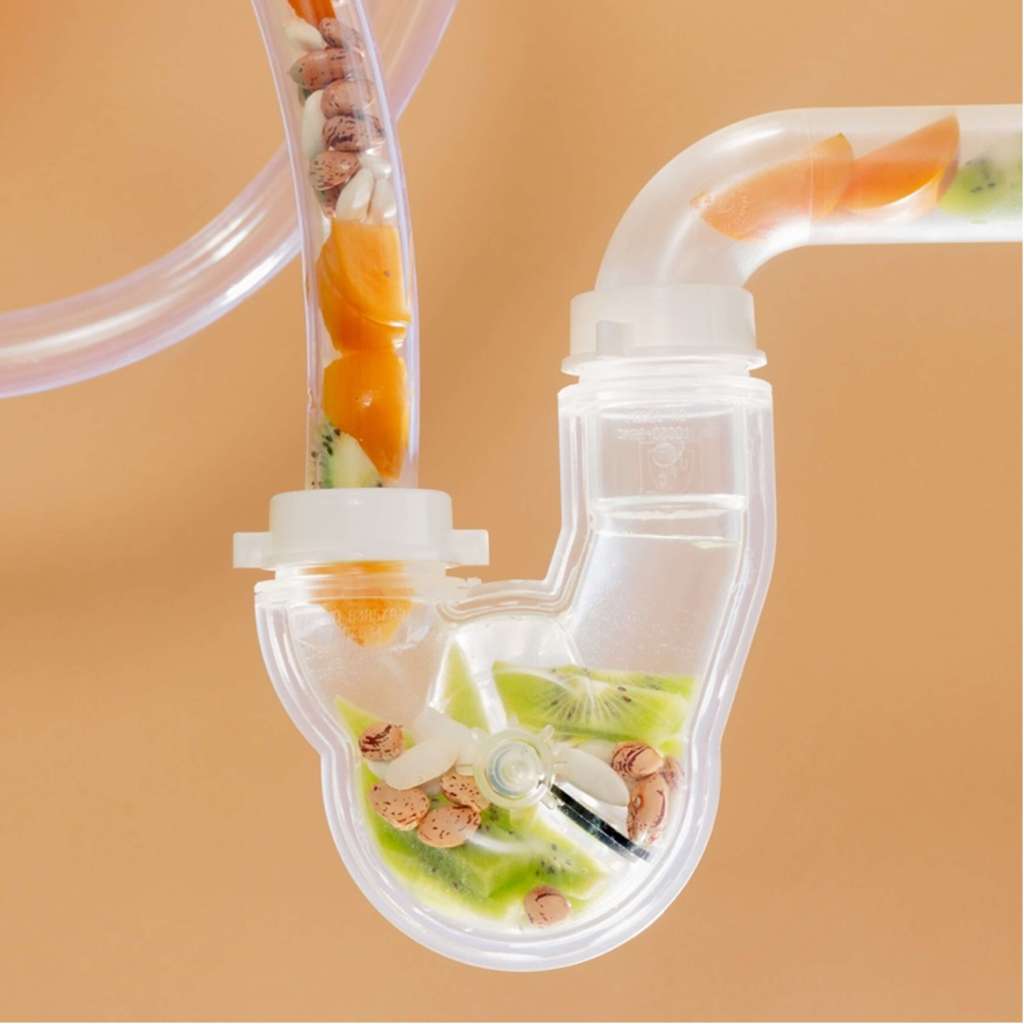
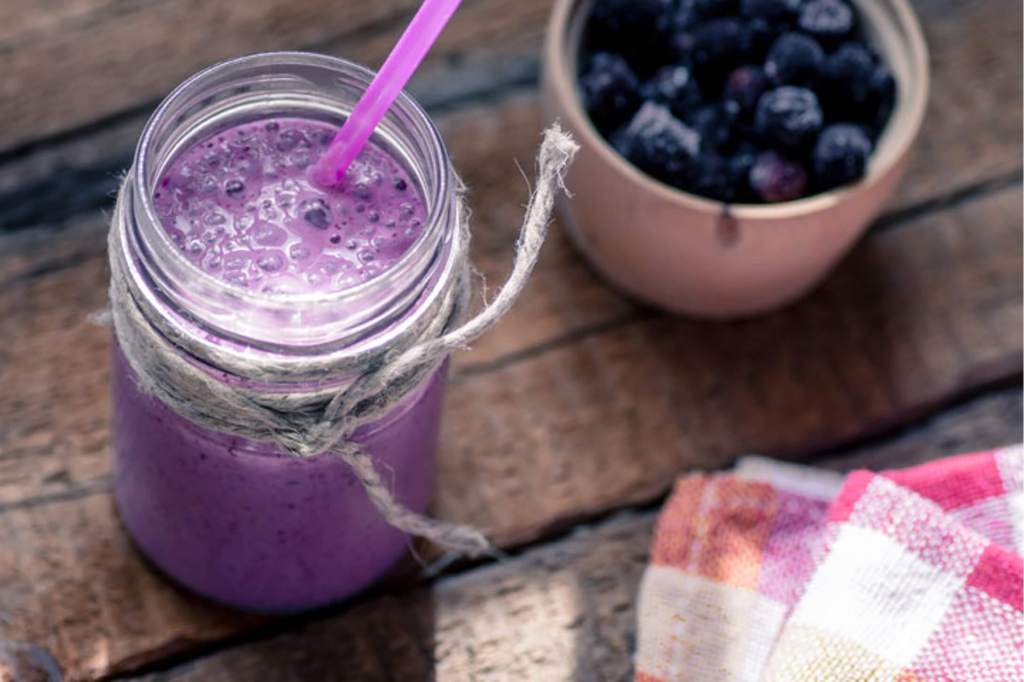
Even greens and vegetables such as broccoli, peas, beans, and whole-grain breads and cereals are excellent sources of fiber.
Limiting fatty foods that are low in fiber such as milk to 16 ounces a day, or even red meat, can aid constipation.
Exercise regularly.
Make sure your toddler gets to play for at least 30 minutes to an hour a day, as it helps the body to keep the bowels moving too.
Help develop bowel habits. Make sure to toilet-train your child at a young age at regular scheduled times during the day.
Cultivating this habit especially after meals or whenever they feel the urge to go can set the body’s natural rhythm into place for the long term.
Rewarding your toddler for using the toilet with a special story or a sticker also makes it a positive experience and a long-running habit.

Book an appointment right away with a reliable paediatrician in Dubai or talk to our team of paediatricians at HealthHub Clinics today on 800 2344.








